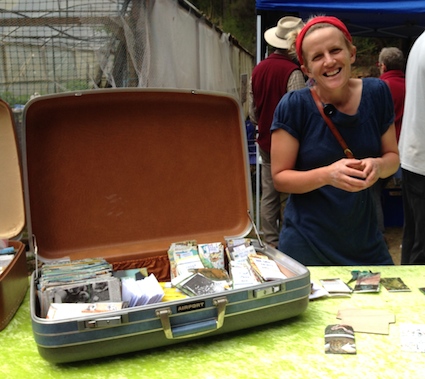
There are many books especially textbooks and non-fiction books which are simply no longer fit for purpose. Some charities, such as Books Abroad, will take unwanted educational texts, but their criteria needs to be checked and only specific books can be donated.
Recently I met Bridgette Watts, who is an active member of the volunteer organisation Urban Farming Tasmania. This is a lively and helpful community gardening project that provides pop-up patches – similar to other pop-up concepts except this one focuses on gardening.
Bridgette has developed an ingenious way of getting schools to repurpose unwanted books before they are recycled. She came up with the idea when her local primary school was getting rid of many books and she realised that here was a lot of high quality paper available for free.
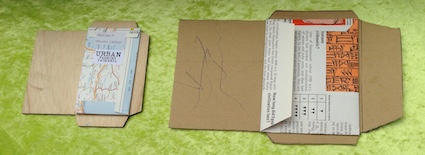
She has created simple templates for creating seed packets. One is A6 in size – based upon a standard envelope for larger seeds. The other is a traditional seed packet size. The templates can be made from cardboard or a more robust wood offcuts. Pritt stick or similar strength glue is used to seal the packets. Care needs to be taken to ensure that there’s no holes at corners where seeds can escape.
By using discarded books, the children are fascinated by the text and often end up reading and wondering about the book it comes from as they make up the packets. So it’s a gentle guerrilla reading tactic as well as a useful design project for any class.
Bridgette carries around her seeds in an old suitcase and artillery box. Both are robust, add to the character of the seed packets as well as providing an interior display surface. Urban Farming Tasmania have a seed saving and community seed bank as shown in the photo below. As Bridgette says, “One plant produces 100’s of seeds that can be collected, dried and shared to grow lots of free food. The seed bank is a collection of seed donated by community and commercial sources. You can make withdrawals from the seed bank at any of our events but we also need deposits otherwise it runs dry. We use the money collected at events to buy rare seed that is difficult to collect or not available.“
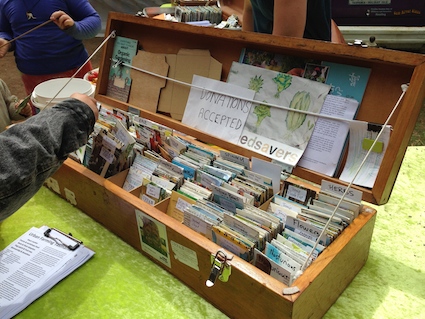
The project is a great way of encouraging children and schools to collect seed from their gardens or grounds and then to either sell or gift it to others. It can be as enterprising as needed. It also carries forward the centuries old traditions around exchanging seeds and creating community through doing so. Now there’s a positive legacy for the future.
PS Watch out for the next blog post – creating an origami seed packet!


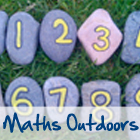




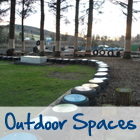
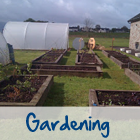










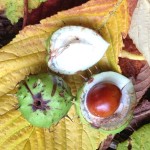



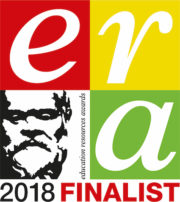






Wonderful idea – I need to get me one of those templates!
Great idea! You could probably recycle books to make pots for sowing seeds too!